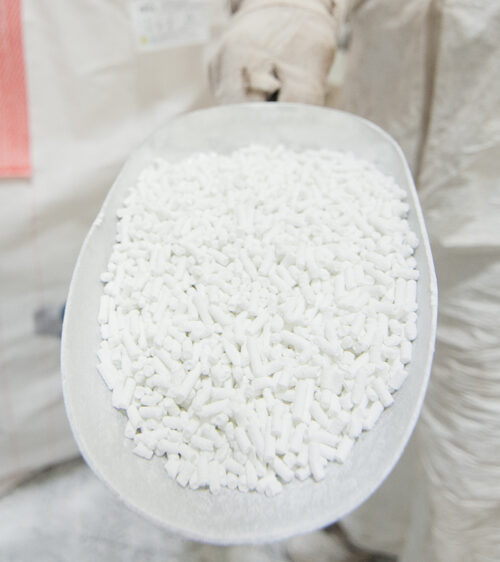
Pelletizing: Enhancing Product Formulation in Toll Manufacturing
In the realm of toll manufacturing, pelletizing is a transformative process that plays a crucial role in the production of powdered chemicals, nutritional products, and functional foods. This process involves the agglomeration of fine powders into discrete, free-flowing pellets, which can significantly improve the handling, storage, and application of the product.
The Pelletizing Process
Pelletizing is typically carried out in several stages:
- Blending: The fine powder is thoroughly mixed to ensure a uniform composition.
- Agglomeration: The powder is then processed through equipment like a disc pelletizer or pin mixer, where it is formed into small, rounded pellets.
- Drying/Curing: The pellets are dried or cured to achieve the desired hardness and stability.
Benefits in Toll Manufacturing
1. Improved Product Characteristics
- Enhanced Flowability: Pellets have better flow properties compared to powders, which simplifies metering and dispensing.
- Reduced Dust: Pelletizing minimizes dust generation, enhancing workplace safety and reducing product loss.
2. Versatility and Customization
- Tailored Particle Size: The pellet size can be customized to suit specific application requirements, from fine granules to larger pellets.
- Variable Formulations: Toll manufacturers can create pellets with a range of active ingredient concentrations, accommodating different market needs.
3. Market Appeal
- Aesthetic Quality: Pellets often have a more appealing appearance, which can be advantageous in consumer markets.
- Ease of Use: For end-users, pellets are easier to handle and measure, improving the user experience.
4. Enhanced Stability
- Protective Form: The pellet form can protect sensitive ingredients from degradation, extending the shelf life of the product.
- Controlled Release: Pellets can be engineered to release their active ingredients over a specified period, which is particularly beneficial in nutritional and functional food products.
5. Scalability and Efficiency
- High Throughput: Pelletizing can be performed at high production rates, making it suitable for large-scale manufacturing.
- Energy Efficiency: Modern pelletizing techniques are designed to be energy-efficient, reducing the overall carbon footprint.
Applications in Specialty Ingredients
Pelletizing is widely used in the production of:
- Powdered Chemicals: For applications where precise dosing and reduced dust are critical.
- Nutritional Products: To create supplements that are easy to consume and dose.
- Functional Foods: To incorporate nutrients into food products without altering their taste or texture.
Pelletizing is a key capability in toll manufacturing that enhances the formulation of powdered chemicals, nutritional products, and functional foods. It offers numerous benefits, including improved product characteristics, versatility, market appeal, stability, and manufacturing efficiency. By partnering with a toll manufacturer that excels in pelletizing, companies can elevate their products and streamline their production processes.
